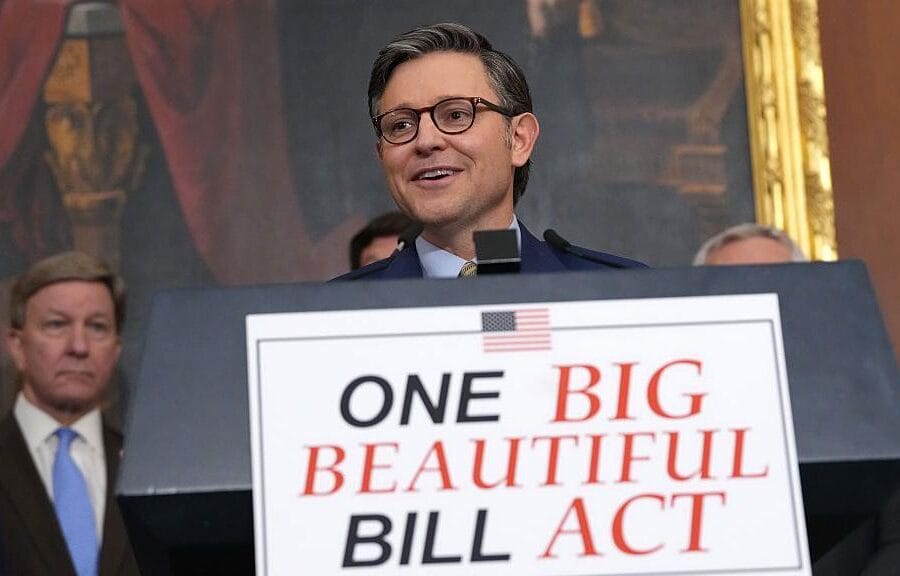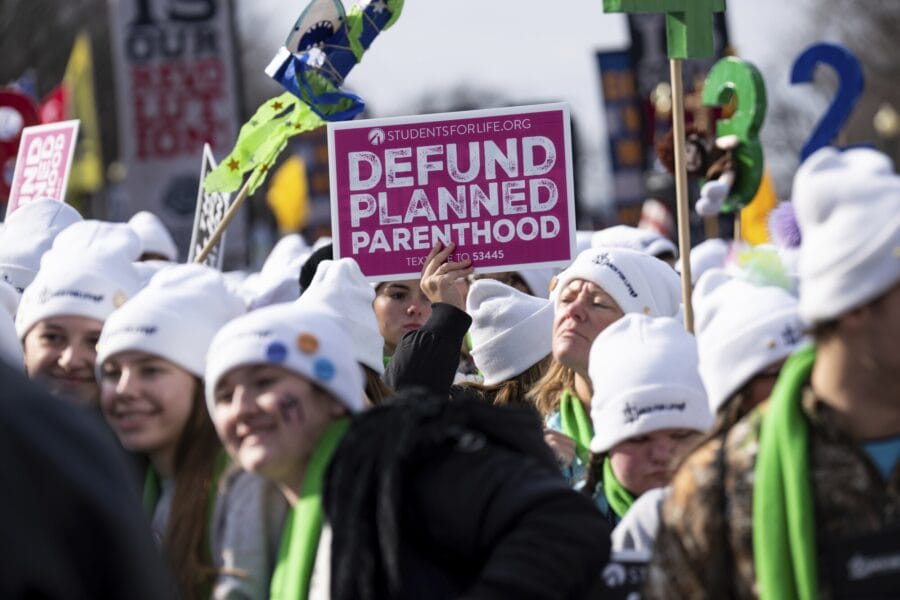WASHINGTON, D.C. (May 28, 2019) – Today, in a per curium opinion, the U.S. Supreme Court agreed that the Constitution does not prohibit states from requiring the humane and dignified disposition of human fetal remains. Indiana asked the Supreme Court to hear the case, Box v. Planned Parenthood of Indiana and Kentucky, after the Seventh Circuit Court of Appeals struck an Indiana law that required that human fetal remains be buried or cremated just like other human remains. The Court reversed the judgment of the Seventh Circuit because it “clearly erred” as the Court “has already acknowledged that a State has a ‘legitimate interest in proper disposal of fetal remains.’”
Americans United for Life filed a “friend of the court” brief in support of Indiana on behalf of AUL and the Charlotte Lozier Institute, asking the Supreme Court to take the case to address this nationally important question. The brief explains that human fetuses are human beings, and as such, it was constitutional for Indiana to require the humane and dignified disposition of human fetal remains—especially in light of reports of an Indiana waste company dumping human fetal remains in landfills.
“AUL is delighted that the Court agreed to address this important issue,” said AUL’s Litigation Counsel Rachel Morrison. “Without laws like Indiana’s fetal remains law, medical providers are free to dispose of human fetal remains by incineration with medical waste, by dumping in landfills, and even by burning the remains to generate energy. Indiana’s law recognizes the simple biological fact that human fetuses are human beings and, as such, should be treated with humanity and dignity whether in life or in death.”
The Court declined the opportunity to determine the constitutionality of another Indiana law struck down by the Seventh Circuit that prohibits aborting children on the basis of their sex, race, or disability. While agreeing with the Court’s decision, Justice Clarence Thomas wrote separately to point out that because the State has a “compelling interest in preventing abortion from becoming a tool of modern-day eugenics” and “[t]he use of abortion to achieve eugenic goals in not merely hypothetical,” “the Court will soon need to confront the constitutionality of laws like Indiana’s.”



